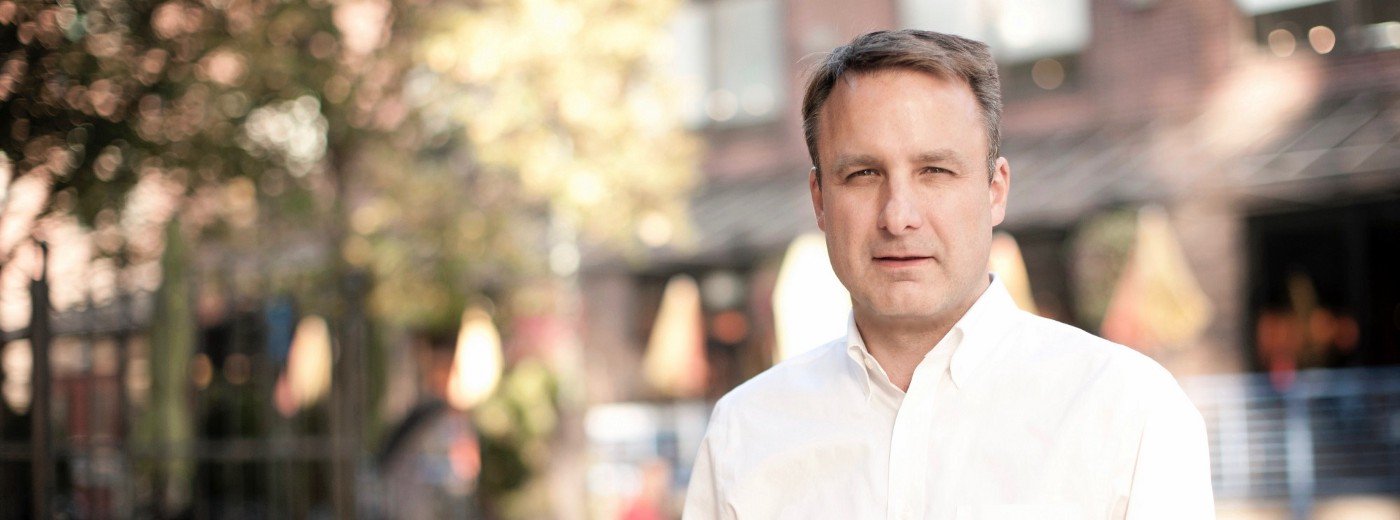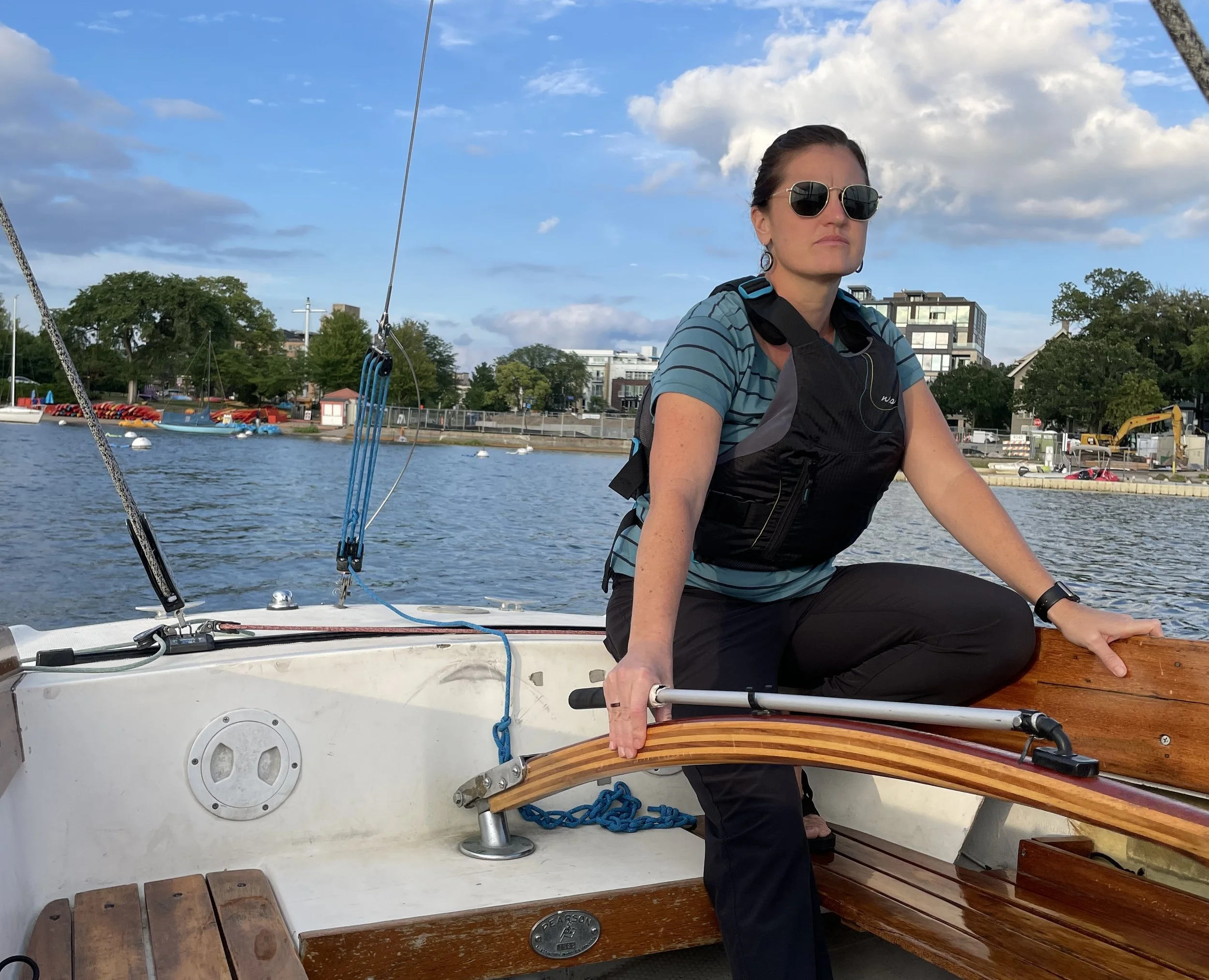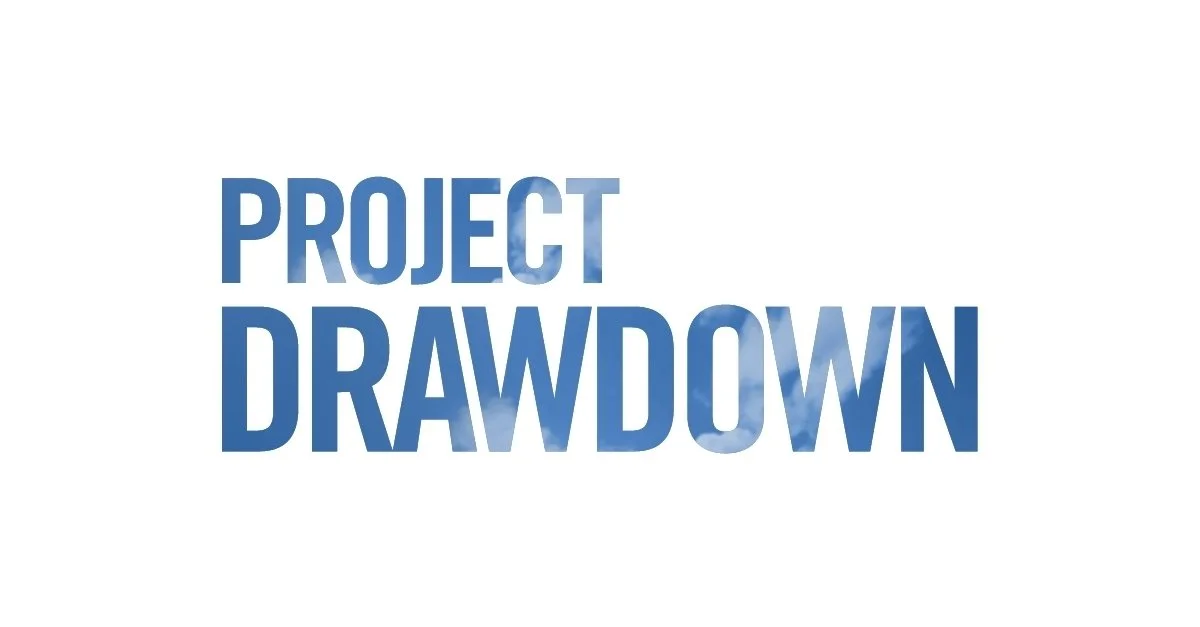Project Drawdown: A Cautious Case for Climate Optimism
Presentation by Jonathan Foley
Sun, Jan 29, 2 pm
American Swedish Institute
Part of the Climate Solutions Series
Moderated by Local Climate Solutions’ Abby Finis
Finding solutions for issues as big as climate change can be daunting. Jonathan Foley leads Project Drawdown—an organization that focuses on finding climate solutions that help the world reach the point when levels of greenhouse gasses in the atmosphere stop climbing and start to steadily decline quickly, safely, and equitably. He believes in the importance of highlighting positive, meaningful steps toward combating climate change. In this talk, Jonathan will discuss some of those wins and share how we can focus resources where the possibility of reducing the impacts of climate change is real and growing. Moderated by Local Climate Solutions’ Abby Finis.
Jonathan Foley, Ph.D., is a world-renowned environmental scientist, sustainability expert, author, and public speaker. His work is focused on understanding our changing planet, and finding new solutions to sustain the climate, ecosystems, and natural resources we all depend on.
Jon’s groundbreaking research and insights have led him to become a trusted advisor to governments, foundations, non-governmental organizations, and business leaders around the world. He and his colleagues have made major contributions to our understanding of global ecosystems, food security and the environment, climate change, and the sustainability of the world’s resources. He has published more than 130 peer-reviewed scientific articles, including many highly cited works in Science, Nature, and the Proceedings of the National Academy of Sciences. In 2014, Thomson Reuters named him a Highly Cited Researcher in ecology and environmental science, placing him among the top 1 percent most-cited global scientists.
A noted science communicator, Jon has had presentations featured at hundreds of international venues, including the Aspen Institute, the World Bank, the National Geographic Society, the Chautauqua Institution, the Commonwealth Club, the National Science March in Washington, D.C., and TED.com. He has taught at several major universities on topics ranging from climate change, global sustainability solutions, the future of the food system, and addressing the world’s “grand challenges.” He has also written many popular pieces in publications like National Geographic, the New York Times, the Guardian, and Scientific American. He is also frequently interviewed by international media outlets, and has appeared on National Public Radio, the PBS NewsHour, the BBC, CNN, and in the New York Times, the Guardian, the Washington Post, Salon, WIRED, the HBO documentary on climate change “Too Hot Not to Handle,” and the upcoming film series “Let Science Speak.”
Jon has won numerous awards and honors for his work, including the Presidential Early Career Award for Scientists and Engineers, awarded by President Clinton; the J.S. McDonnell Foundation’s 21st Century Science Award; an Aldo Leopold Leadership Fellowship; the Sustainability Science Award from the Ecological Society of America; and the National Science Foundation’s Faculty Early Career Development Award. In 2014, he was also named as the winner of the prestigious Heinz Award for the Environment.
Before joining Project Drawdown, Jon led a number of world-leading environmental science and sustainability organizations. From 1993 to 2008, he was based at the University of Wisconsin, where he launched the Climate, People, and Environment Program (CPEP), founded the Center for Sustainability and the Global Environment (SAGE), and served as the first Gaylord Nelson Distinguished Professor of Environmental Studies. From 2008 and 2014, he was the founding director of the Institute on the Environment (IonE) at the University of Minnesota, where he was also McKnight Presidential Chair of Global Environment and Sustainability. Then, between 2014 and 2018, he served as the executive director of the California Academy of Sciences, the greenest and most forward-thinking science museum on the planet.
Abby Finis is the Principal and Founder at Local Climate Solutions. She has worked on climate strategies with state, county, and local governments for more than a dozen years. She has deep experience in energy and climate research and analysis, stakeholder facilitation, state and local regulatory authorities, and program implementation. Abby works on state, regional, and local planning initiatives to drive greenhouse gas emissions reductions, while improving local economic conditions, and achieving a quality of life for all, particularly for the most under-resourced communities.
She is currently a co-host of City Climate Corner, a podcast that explores climate solutions for small- and mid-sized cities.
Prior to starting Local Climate Solutions, Abby worked at the Great Plains Institute where she became the go-to technical assistance provider for governmental entities seeking to advance climate mitigation and adaptation efforts.
Abby began her career in energy and climate planning at the Minnesota Department of Commerce, Division of Energy Resources (DER) in 2009, implementing energy efficiency and clean energy programs through the American Recovery and Reinvestment Act to stimulate the economy and jump-start the clean energy transition.
She holds a master's degree in urban and regional planning from the Humphrey School of Public Affairs.
About Project Drawdown
Founded in 2014, Project Drawdown is a nonprofit organization that seeks to help the world reach “drawdown”—the future point in time when levels of greenhouse gasses in the atmosphere stop climbing and start to steadily decline.
Since the 2017 publication of the New York Times bestseller Drawdown, the organization has emerged as a leading resource for information and insight about climate solutions. We continue to develop that resource by conducting rigorous review and assessment of climate solutions, creating compelling and human communication across media, and partnering with efforts to accelerate climate solutions globally.
Cities, universities, corporations, philanthropies, policymakers, communities, educators, activists, and more turn to Project Drawdown as they look to advance effective climate action. We aim to support the growing constellation of efforts to move climate solutions—and the world—toward drawdown as quickly, safely, and equitably as possible.



